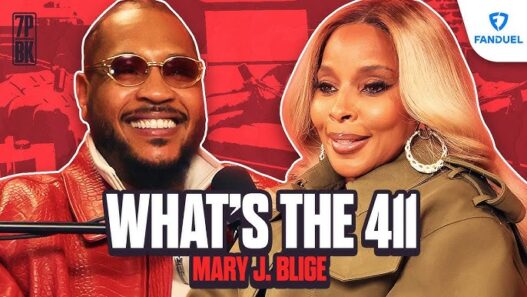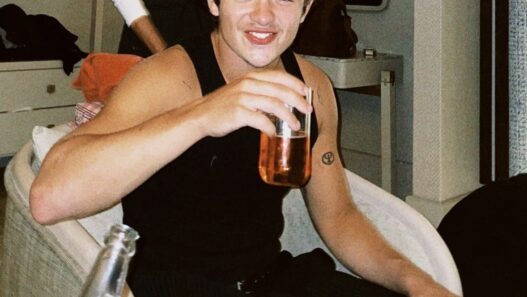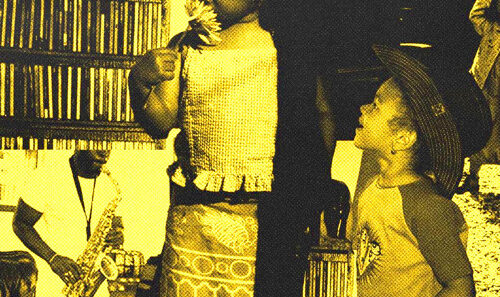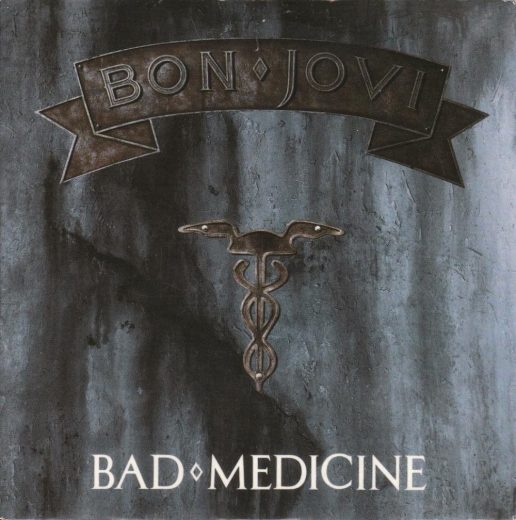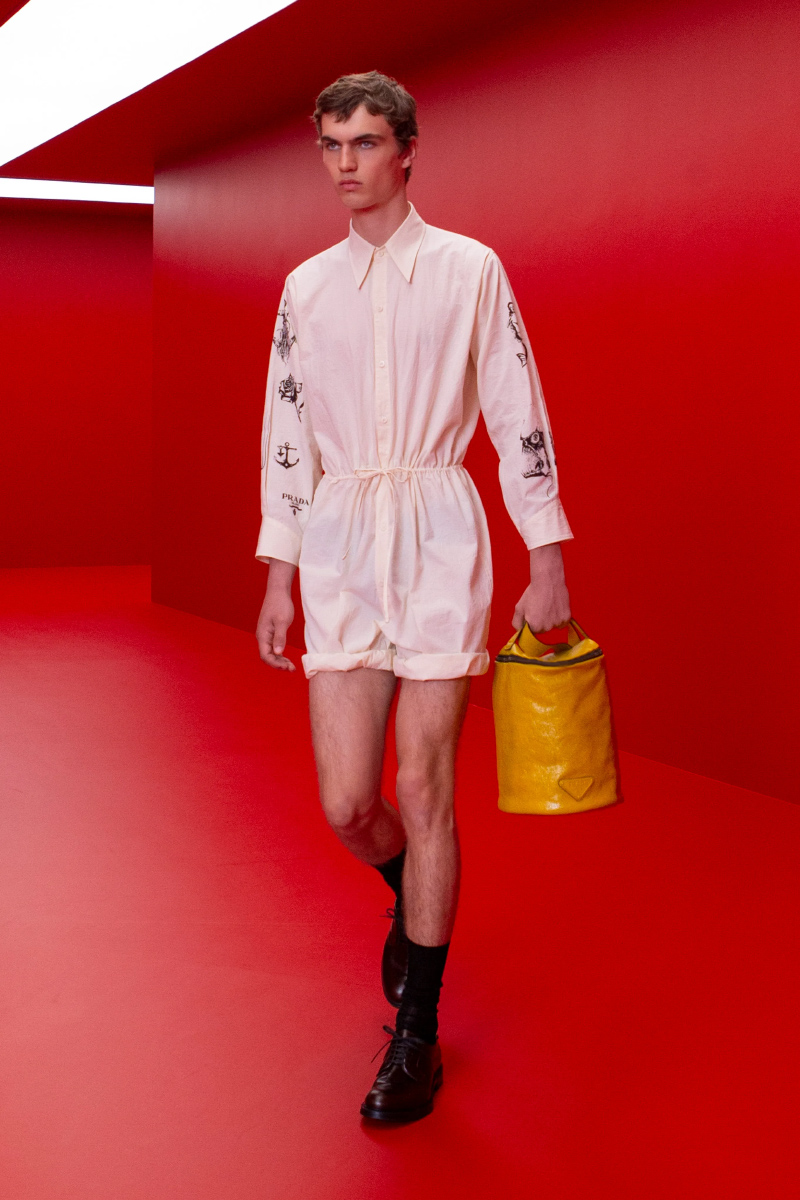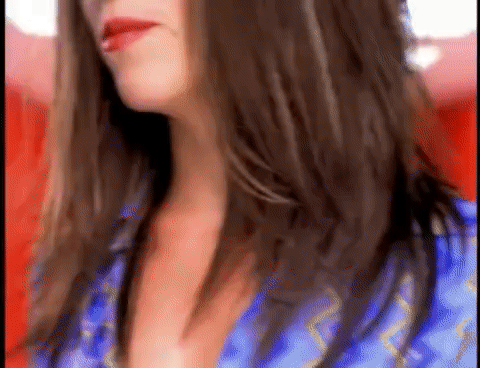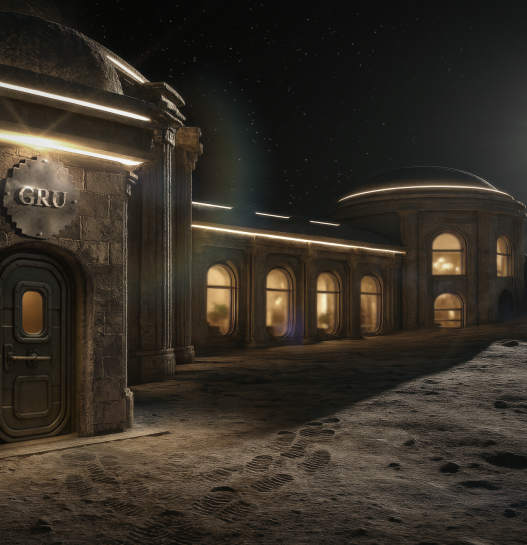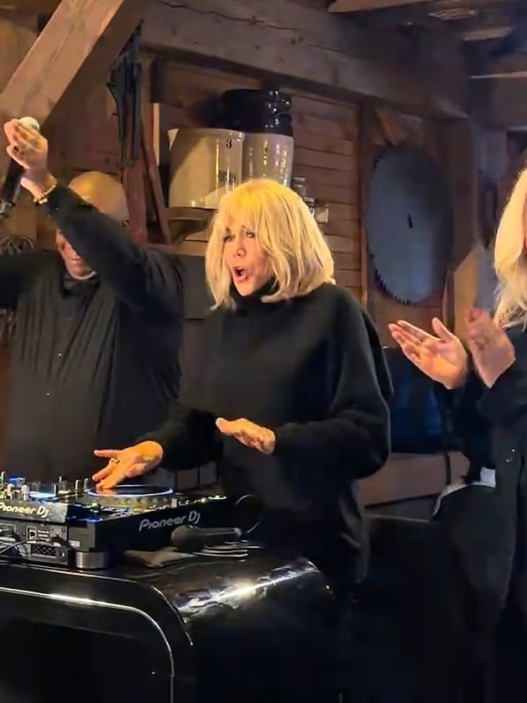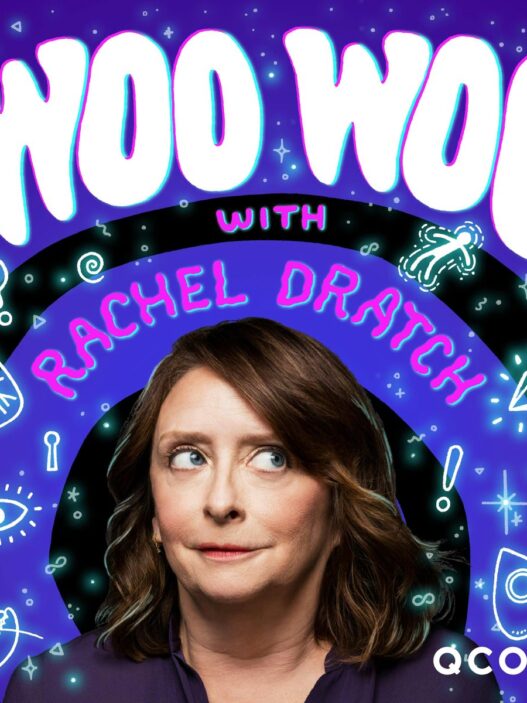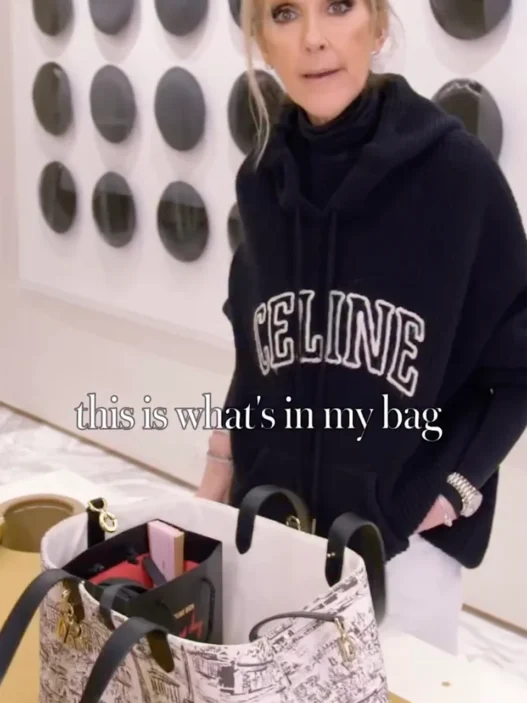According to one of our preferred musical sources:
Fresh music, bold entertainment, and men’s fashion—one tight email a week.
At the beginning of Bon Jovi’s “Bad Medicine” video, Sam Kinison whips a mob of fans into a frenzy. Kinison screeches about how he doesn’t want another generic Bon Jovi video. Bon Jovi is for the people, so these people will make a Bon Jovi video themselves. For the rest of the clip, we get a sort of foreshadowing of the camera-phone apocalypse to come. The video cuts back and forth between grainy fan-shot images of the band and professional performance footage. Really, the video is just about as slick as anything else that would’ve been on MTV around the same time. It might be even slicker, since the guy doing the screaming isn’t just a raving lunatic; he’s a raving lunatic who also happens to be a famous comedian. But the clip gives the impression of being some kind of ground-up populist takeover.
Bon Jovi had it both ways. In the “Bad Medicine” video, we see Bon Jovi at peak levels of celebrity. The boys in the band prance and grin and strut and shimmy and mug and preen. Even the fans doing the filming — mostly pretty young women, it seems — are glamorous. But because of the whole fans-filming conceit, the members of Bon Jovi get to present themselves as men of the people. Bon Jovi did something similar when they used New Jersey as the title for their first album after their insanely popular 1986 album Slippery When Wet. With that title, Bon Jovi put their roots front and center, making the implicit point that they weren’t one of those Sunset Strip glam metal bands. But for the first single from that album, Bon Jovi dropped maybe the most straight-up Sunset Strip glam metal song of their career.
By 1988, Bon Jovi were playing with house money. Slippery When Wet was a mold-breaker, an album so monstrously popular that it sent the music business scrambling to catch up. Glam metal was popular before Bon Jovi, but Bon Jovi made something so bright and charged and welcoming that it blew the whole genre open, attracting new audiences and changing notions on just how huge hard rock could be. Before 1987 was over, Slippery When Wet was platinum eight times over. Billboard named it the year’s biggest-selling LP. After Bon Jovi sent “You Give Love A Bad Name” and “Livin’ On A Prayer” to #1, more glam metal bands stormed their way to the top of the Hot 100: Whitesnake, Guns N’ Roses, Def Leppard.
In the two years after they released Slippery When Wet, Bon Jovi went from arena-rock opening act to full-on stadium headliners. The band toured hard behind Slippery, and when that touring was done, they immediately got to work on the next album. Bon Jovi didn’t want their momentum to die down, and they didn’t want anyone to think they couldn’t do it again. New Jersey is basically a blockbuster sequel. Desmond Child, co-writer of Bon Jovi’s two previous #1 hits, came back to write some more songs with the band, and Bon Jovi returned to Vancouver to record with Slippery producer Bruce Fairbairn. The whole team was back.
New Jersey was a big album, but it wasn’t Slippery When Wet big. Bon Jovi essentially repeated the same tricks that had worked so well on Slippery, and they still worked the second time, but they didn’t work quite as well. New Jersey sounds just slightly more indulgent than Slippery When Wet, slightly more consumed with the idea that every song has to be a stadium anthem. The songs are longer; sometimes, they’re definitely too long. Still, given everything that had been happening with Bon Jovi, it’s pretty remarkable that they were able to crank out a quick follow-up without a huge fall-off.
On New Jersey, Bon Jovi didn’t overthink anything, and they kept their energy intact. For a band as big as they were, this was no small feat. New Jersey ultimately sold a little more than half as many copies as Slippery When Wet, which was still a huge number. Billboard ultimately named New Jersey the fourth-biggest album of 1989. (That year, only Bobby Brown, New Kids On The Block, and Paula Abdul — three artists who will soon appear in this column — sold more.) New Jersey wasn’t a world-conqueror the way that Slippery had been, but it had hits. Two months after Bon Jovi released New Jersey, the album’s first single became Bon Jovi’s third #1 hit.
“Bad Medicine” is an absolutely shameless song. Elsewhere on New Jersey, Jon Bon Jovi goes hard on his Springsteen-lite working-class-hero schtick, but “Bad Medicine” has no room for any of that. “Bad Medicine” is all business. The song finds Jon Bon Jovi in a cripplingly horny state, addicted to attention from one particular person. This person’s love, you see, is like bad medicine. Bad medicine, we learn, is what Jon Bon Jovi needs.
“Bad Medicine” came from Jon Bon Jovi, Richie Sambora, and Desmond Child, the songwriting team responsible for both “You Give Love A Bad Name” and “Livin’ On A Prayer.” Sambora has said that the song was about him, which tracks. Jon Bon Jovi’s love life was pretty stable. He was still with his high-school girlfriend; they got married in 1989 at a Las Vegas chapel, and they’re still together now. Sambora, meanwhile, had a more tumultuous situation. He hasn’t said who inspired “Bad Medicine,” but he has reaffirmed that this person’s bad medicine was what he needed.
The love-as-drug trope is a pop cliché, and on “Bad Medicine,” Bon Jovi dive joyfully into it. Jon Bon Jovi’s got a dirty-down addiction, it doesn’t leave a track. He’s got a jones for your affection like a monkey on his back. There ain’t no paramedic gonna save this heart attack. The song just hits that one point over and over. Nobody’s going to give “Bad Medicine” any literary awards, but there’s exhilaration in its single-minded stupidity. The song never tries to be anything more than what it is.
Musically, too, “Bad Medicine” hits with all the subtlety of a cast-iron skillet to the face. In true Bon Jovi fashion, the song puts its bulldozer chorus right up front. Jon Bon Jovi belts out all the verses in a sort of staccato yelp, as if he doesn’t really want anyone to hear these stupid-ass words. He sounds like he can’t wait to get to that chorus again, which makes sense. Behind him, the band plays big and loud and twinkly. Keyboards hammer. Guitars growl. Drums boom.
In the call-and-response backing vocals, “Bad Medicine” recalls the shout-along hooks from UK boot-boy glam rock bands of the ’70s. When everyone in the band is yelling about how that’s what you get for falling in love, their sheer gang-shout enthusiasm creeps into Slade-adjacent territory. I appreciate the extremely ’80s trick of cartoonishly deep backing vocals sometimes coming in for no reason. There’s also a fake-out ending, with Jon Bon Jovi yelling that wait a minute, he’s gotta do it again. That stuff is fun!
Bon Jovi were never a Sunset Strip band, but “Bad Medicine” is definitely a Sunset Strip song. Bon Jovi had blown open doors for bands like Warrant and Poison, and “Bad Medicine” is the kind of horny hair-tosser that helped make those bands famous. It’s the sound of a band that has no idea that what they’re doing will ever be considered classic rock. “Bad Medicine” might honestly be the last purely shameless song that Bon Jovi ever recorded. It was not, however, the last hit. Bon Jovi will appear in this column again.
GRADE: 7/10 Courtesy of https://www.stereogum.com/2150003/the-number-ones-bon-jovis-bad-medicine/columns/the-number-ones/




